That was one of the key points emphasized by Deputy Minister of Industry and Trade Nguyen Hoang Long at the P4G Forum in Hanoi on the morning of April 17 during the Discussion Session on Innovative Solutions for Efficient and Sustainable Energy Transition. The event was not only an opportunity for Vietnam to affirm its strong commitment to green growth, but also a place to shape clear policy messages for a sustainable energy future.
Innovation – from technology to institutions
In his opening remarks at the Discussion Session on Innovative Solutions for Efficient and Sustainable Energy Transition, Deputy Minister of Industry and Trade Nguyen Hoang Long emphasized three strategic pillars: Innovation, Public-Private Partnership, and People-Centered. This will create a comprehensive, harmonious, and action-oriented orientation for Vietnam’s energy transition.
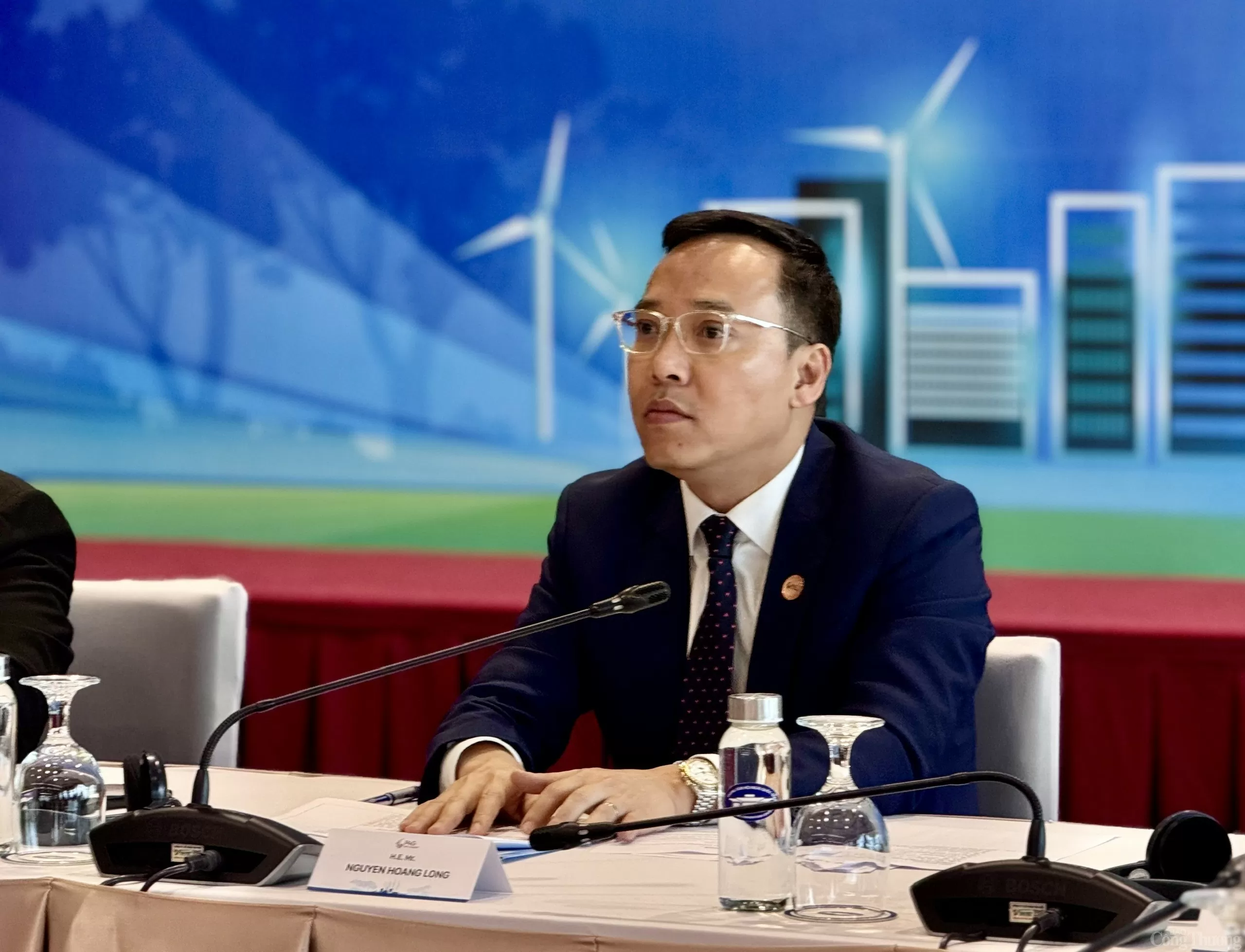 |
| Deputy Minister Nguyen Hoang Long speaks at the discussion session |
Deputy Minister Nguyen Hoang Long was right when he affirmed: Innovation is not only a supporting factor, but also the "key to open the door" to sustainable energy transition. In the context of still high green energy costs and limited resource exploitation efficiency, technological breakthroughs - from smart grids, storage batteries, hydrogen energy to artificial intelligence - are contributing to redefining the way we produce, distribute and consume electricity.
However, the problem does not stop with technology. Innovation needs to start with institutions – from financial incentives, intellectual property protection, to legal frameworks that allow for experimentation with new business models.
Competitive electricity markets, transparent bidding mechanisms for renewable energy, and carbon pricing systems will be fundamental. The Deputy Minister stressed that “people are key”, and that means Vietnam needs a workforce that is knowledgeable in both technology and policy management – people who are able to put innovative initiatives into practice.
Public-Private Partnership: Financial Leverage
One of the highlights in Deputy Minister Nguyen Hoang Long’s message was the emphasis on the role of public-private partnerships (PPP) in mobilizing resources for energy transition. The government can set the strategy and rules of the game, but the private sector is capable of providing capital, technology and flexible operating models.
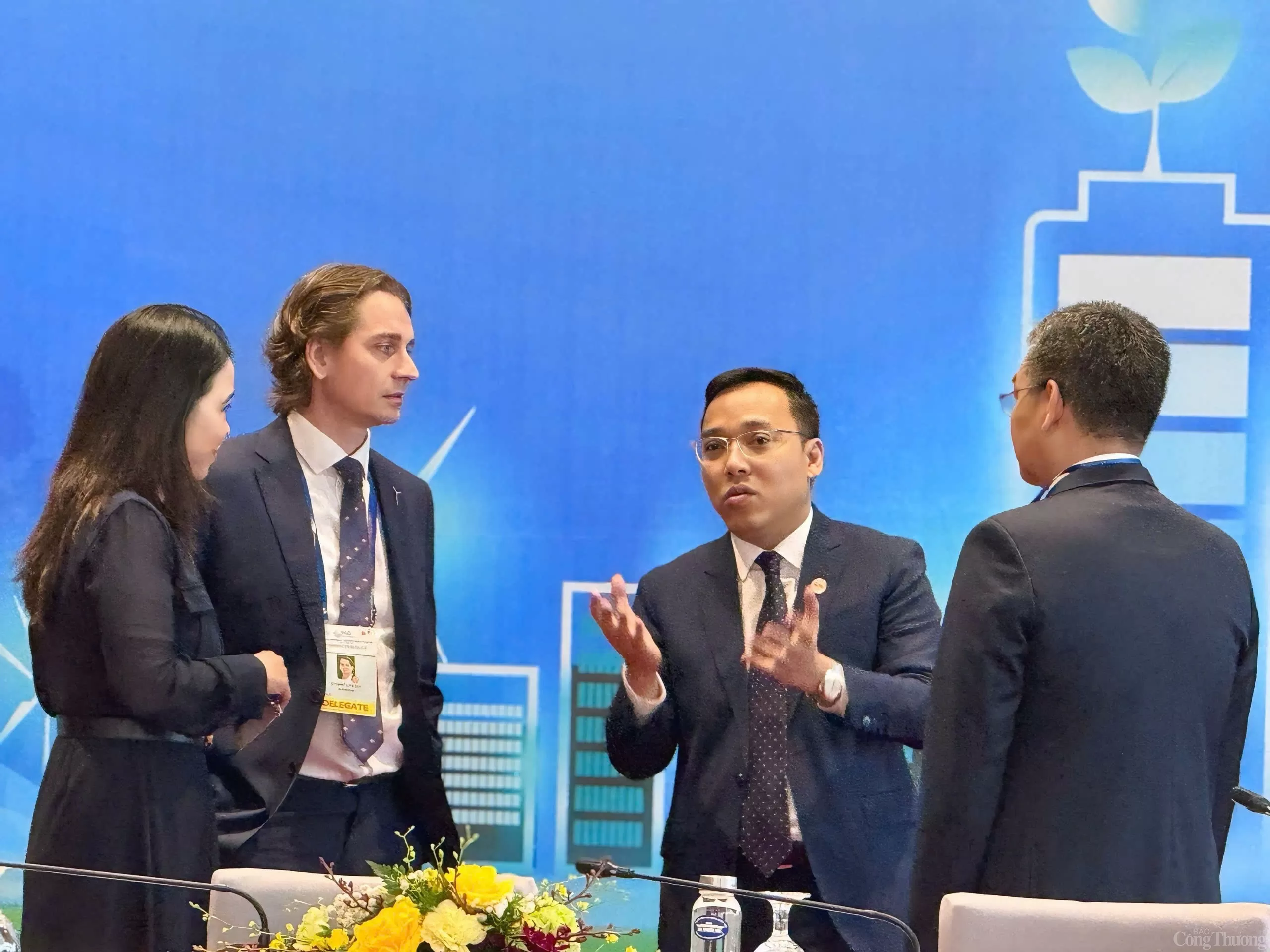 |
| Deputy Minister Nguyen Hoang Long discussed and shared with international partners and friends the orientations of the Vietnamese Government in the energy transition journey. |
Successful PPP models not only reduce capital costs but also reduce political risks, accelerating the implementation of large-scale clean energy projects. For example, private participation in solar and wind power projects in recent years has contributed to making Vietnam one of the leading countries in ASEAN in terms of renewable energy capacity.
In addition, the Deputy Minister also mentioned taking advantage of international cooperation initiatives such as P4G to access global green finance - a key condition in the context of increasingly strict net emission requirements from major export markets such as the EU and the US. This is the key point for Vietnam to not only transition to domestic energy, but also maintain its competitive advantage in the international market.
Human-centered
The final key point of the speech – and a major differentiator for Vietnam in its energy transition – is its human-centric thinking. The energy transition is not just about reducing emissions, but also about opportunities to reduce inequality and expand energy access to remote areas.
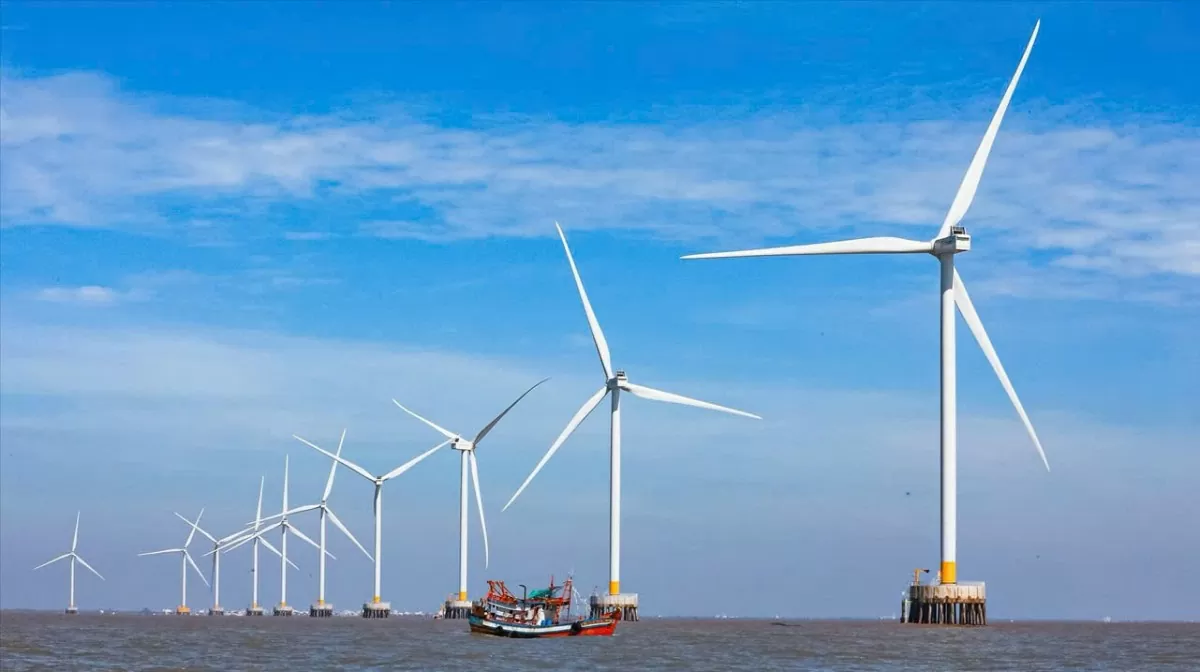 |
| Energy transition is becoming an important pillar in shaping a low-carbon economy that Vietnam is pursuing. Photo: TH |
Energy policies must be inclusive, meaning that all segments of the population – urban and rural, large enterprises and small households – have the opportunity to participate in and benefit from this transition. From rooftop solar projects, microfinance models for self-financed households, to rural electrification projects, to border smart grids – all need to be designed with the principle of “leaving no one behind”.
From P4G to Vietnam’s efforts at COP28 or the National Green Growth Strategy, energy transition is becoming an important pillar in shaping a low-carbon economy. Deputy Minister Nguyen Hoang Long’s speech is not only a summary of policy orientations, but also a strong call for a sustainable, inclusive and innovative development model.
| If implemented with social consensus, a clear policy foundation, and public-private-international synergy, Vietnam's sustainable energy transition journey can absolutely become a model in the region. |
Source: https://congthuong.vn/chuyen-doi-nang-luong-can-the-che-von-va-con-nguoi-383657.html


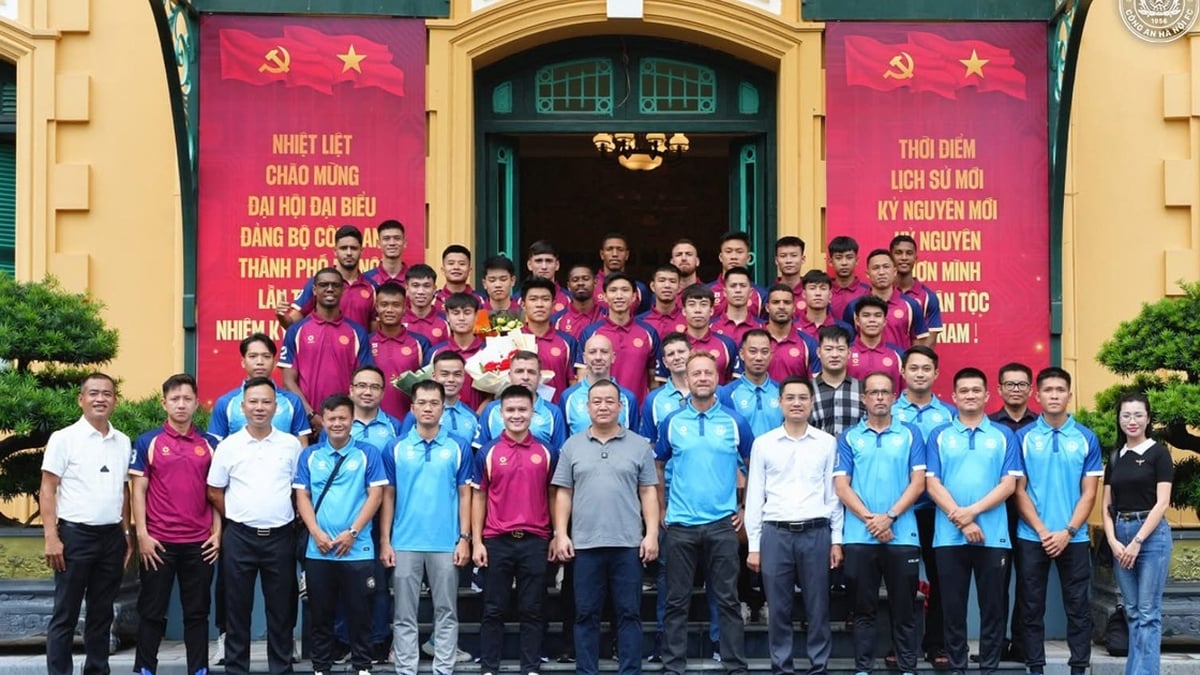

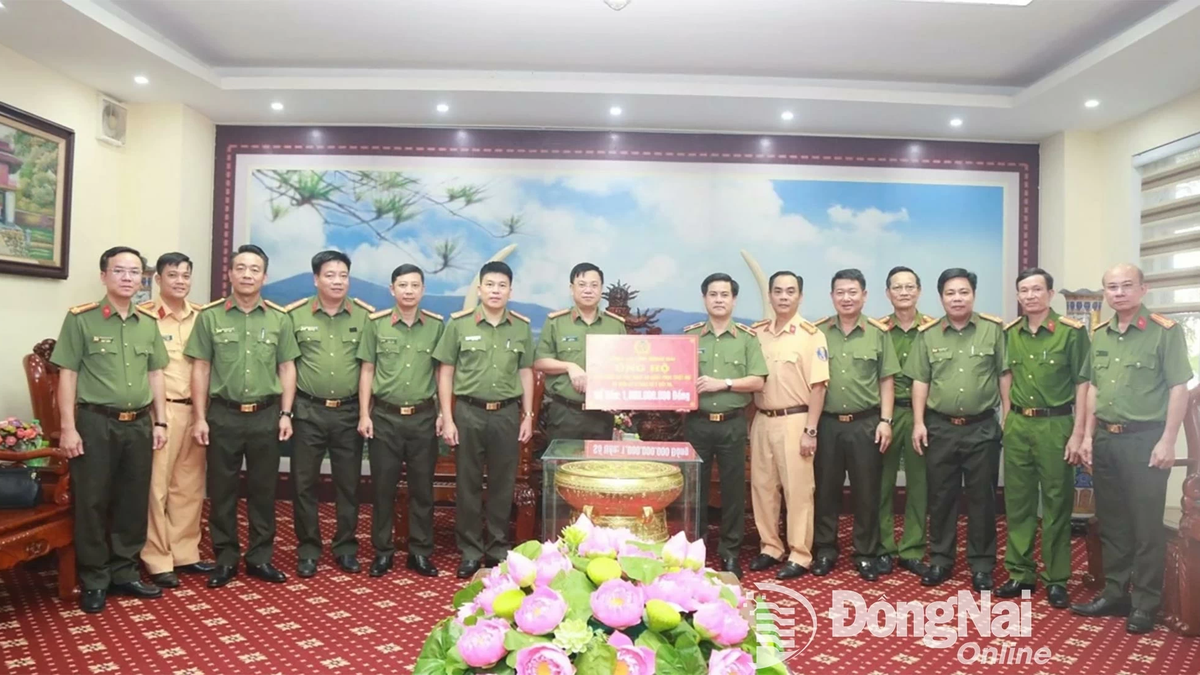
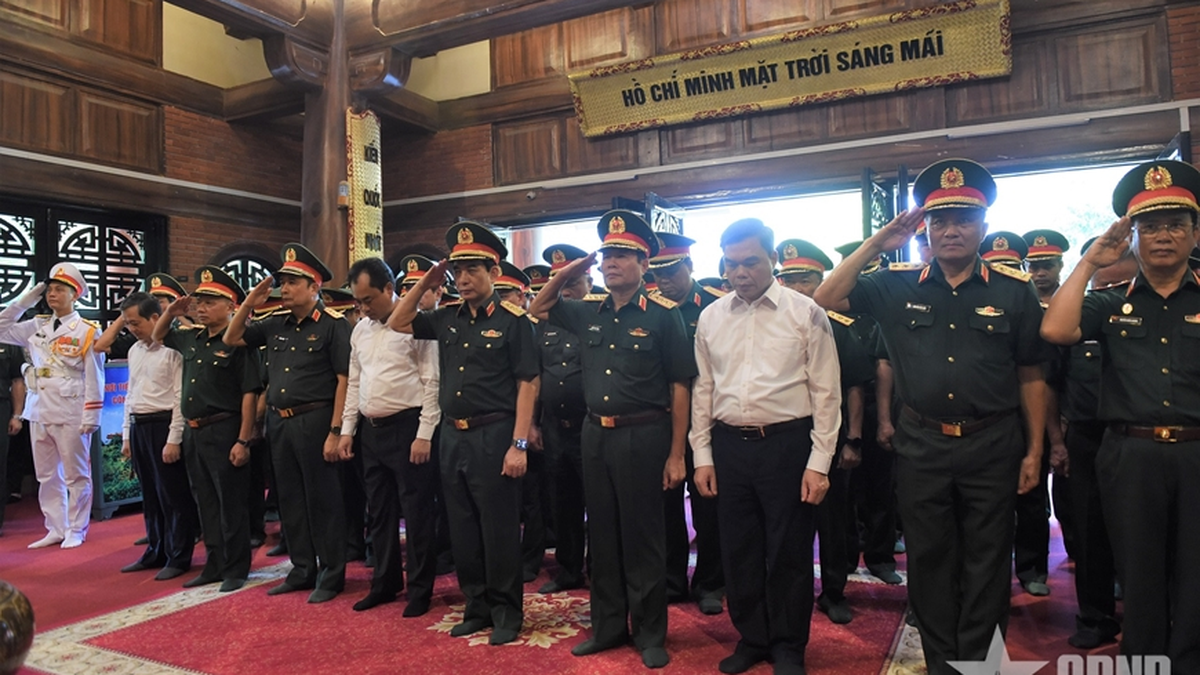
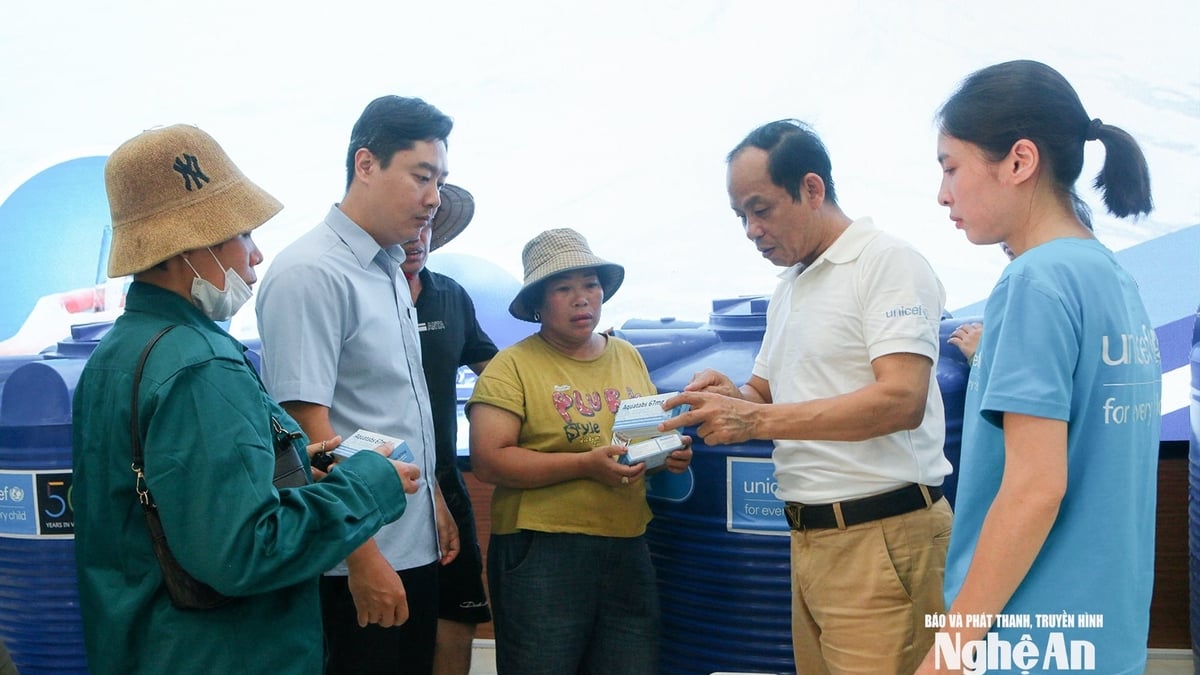


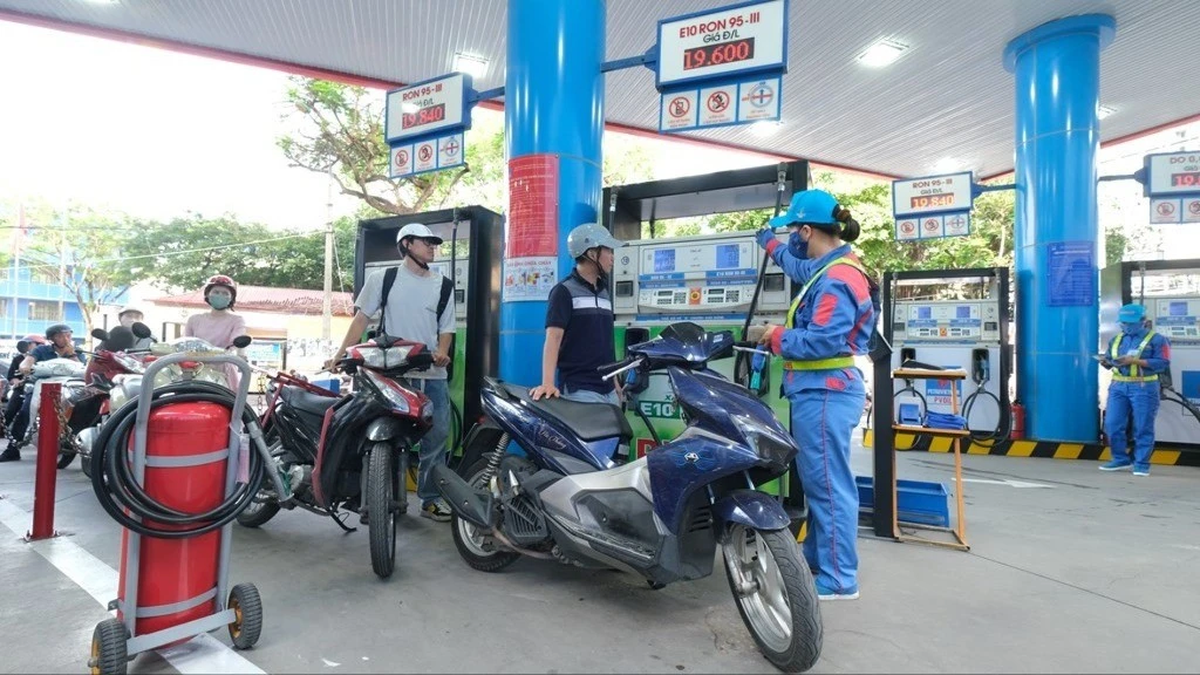

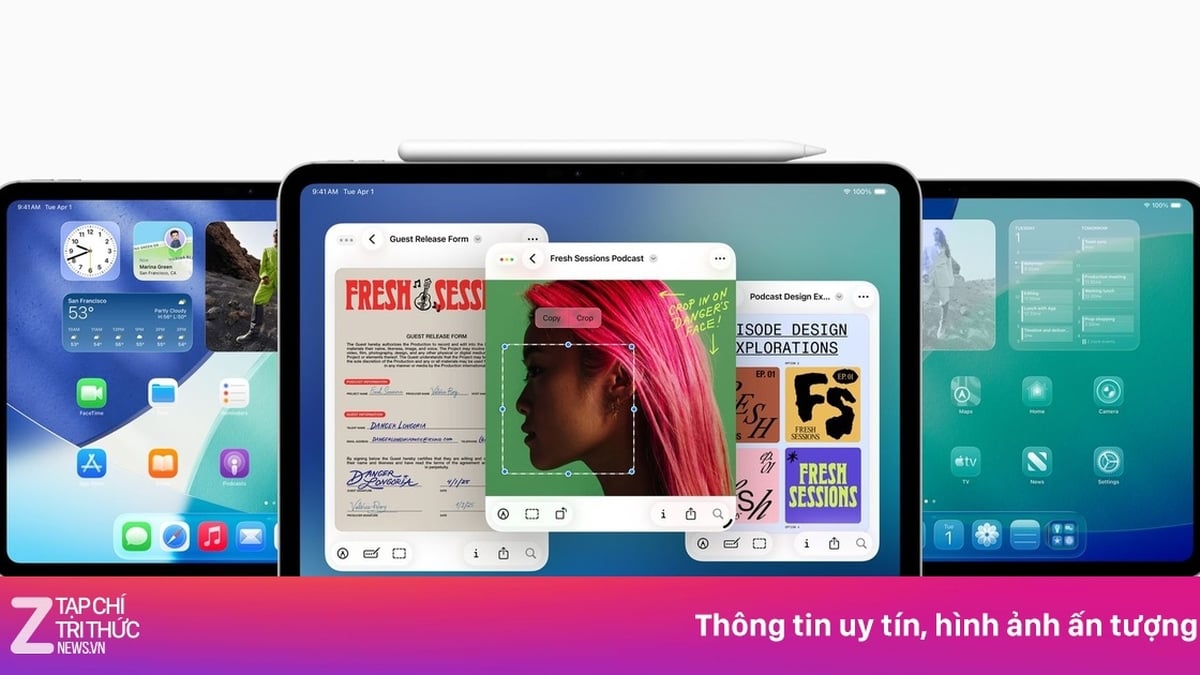






















































































Comment (0)